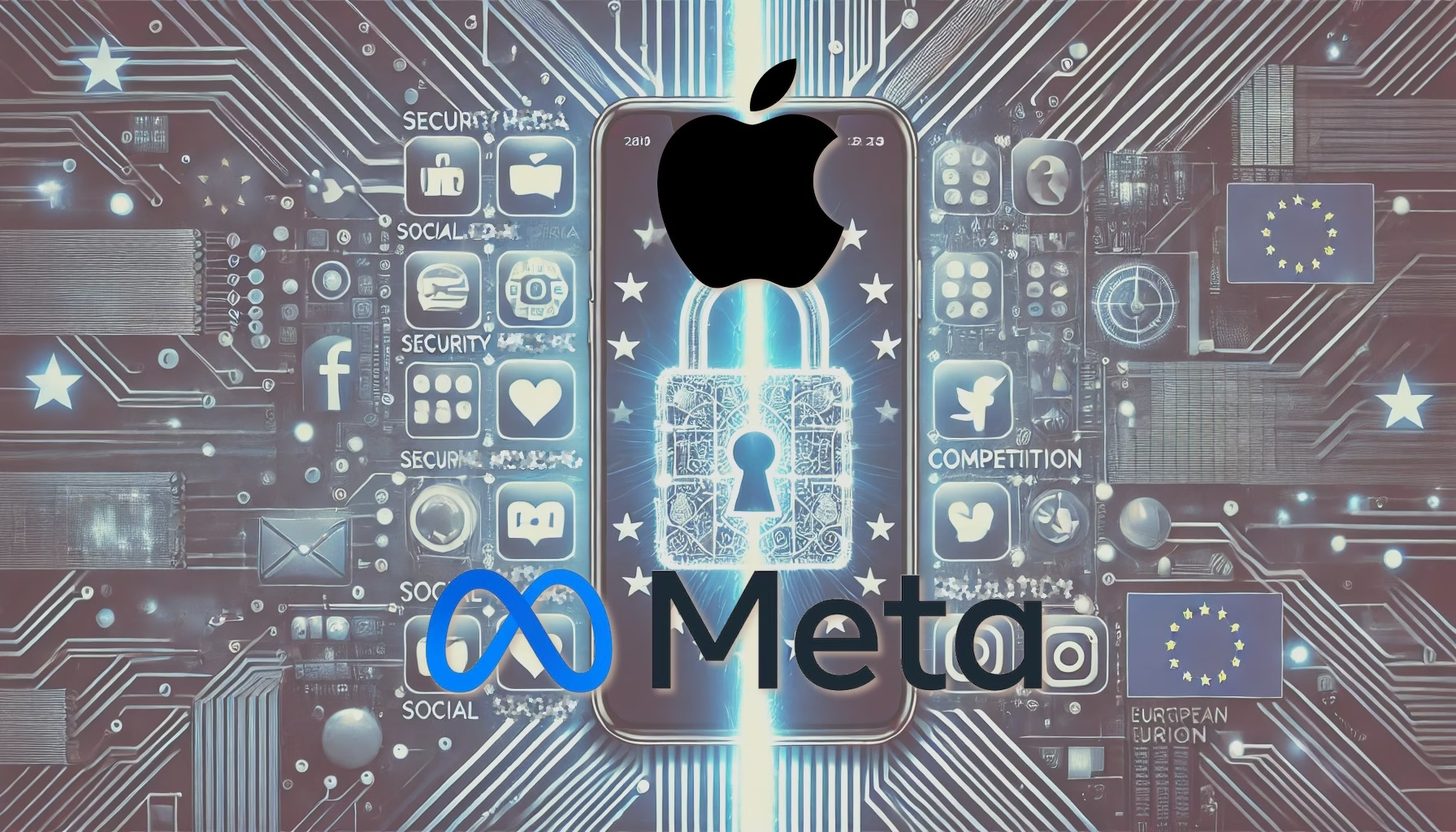The United States has made a significant announcement, deciding to ban the sale of antivirus software made by the Moscow-based cybersecurity company Kaspersky. The U.S. Department of Commerce has cited national security threats as the primary reason for this action, attributing these concerns to the Russian government’s aggressive cyber capabilities and its potential influence over Kaspersky’s operations.
National Security Concerns
According to an international news agency report, the U.S. Department of Commerce stated that the operations of Kaspersky in the United States pose a considerable national security threat. The statement elaborates that the Russian government’s ability to influence or direct the operations of Kaspersky is a major concern due to Russia’s advanced cyber capabilities.
“The Russian government has repeatedly demonstrated its capacity and intent to exploit companies like Kaspersky Lab to collect and weaponize sensitive U.S. information,” the U.S. Department of Commerce noted.
Impact on Sales and Operations
As per the new regulations, Kaspersky will no longer be able to sell its software in the United States. This ban extends beyond just the sale of new software; Kaspersky is also prohibited from providing updates to any existing software already in use by American consumers.
The ban on sales will take effect from July 20, and Kaspersky will be allowed to provide updates to its existing U.S. customers only until September 29. This leaves a limited window for current users to seek alternatives and transition to different antivirus solutions.
Advice to Consumers and Businesses
The U.S. Department of Commerce has advised both personal and professional users of Kaspersky’s widely installed antivirus software to seek alternatives due to the identified risks. This advisory underscores the importance of cybersecurity and the need for trusted and secure software to protect sensitive information from potential threats.
A statement from the U.S. Secretary of Commerce reinforced the government’s commitment to using all available tools to safeguard national security and protect American citizens. “We will continue to use every tool at our disposal to protect U.S. national security and the American people,” the Secretary stated.
Background on Kaspersky
Kaspersky Lab, a prominent Russian multinational cybersecurity and anti-virus provider, has been well-regarded for its software designed to protect users from various cyber threats, including Trojan horses, spyware, and other malicious software. However, its alleged ties to the Russian government have long been a subject of scrutiny and concern, particularly among Western nations.
The company has consistently denied these allegations, asserting its independence and commitment to user security. Nevertheless, the U.S. government’s decision to ban Kaspersky software reflects ongoing geopolitical tensions and the prioritization of national security over the benefits provided by the software.
Broader Implications
This move by the United States could have broader implications for the cybersecurity industry and international relations. It highlights the increasing importance of cybersecurity in national defense strategies and the complex interplay between technology and geopolitics.
Other countries might follow suit, potentially leading to a reevaluation of the use of software from companies based in countries perceived as adversaries. This could prompt businesses and governments to diversify their cybersecurity solutions and favor providers from more politically aligned nations.
The U.S. ban on Kaspersky antivirus software marks a significant step in the ongoing efforts to secure national cyber infrastructure. While it presents an immediate challenge for Kaspersky and its users, it also serves as a reminder of the critical importance of cybersecurity in the modern digital landscape.
As the deadline approaches, it is crucial for Kaspersky users in the U.S. to transition to alternative cybersecurity solutions to ensure continued protection against cyber threats. This development also signals to cybersecurity companies worldwide the importance of maintaining independence and transparency to foster trust and reliability in the increasingly critical field of cybersecurity.



